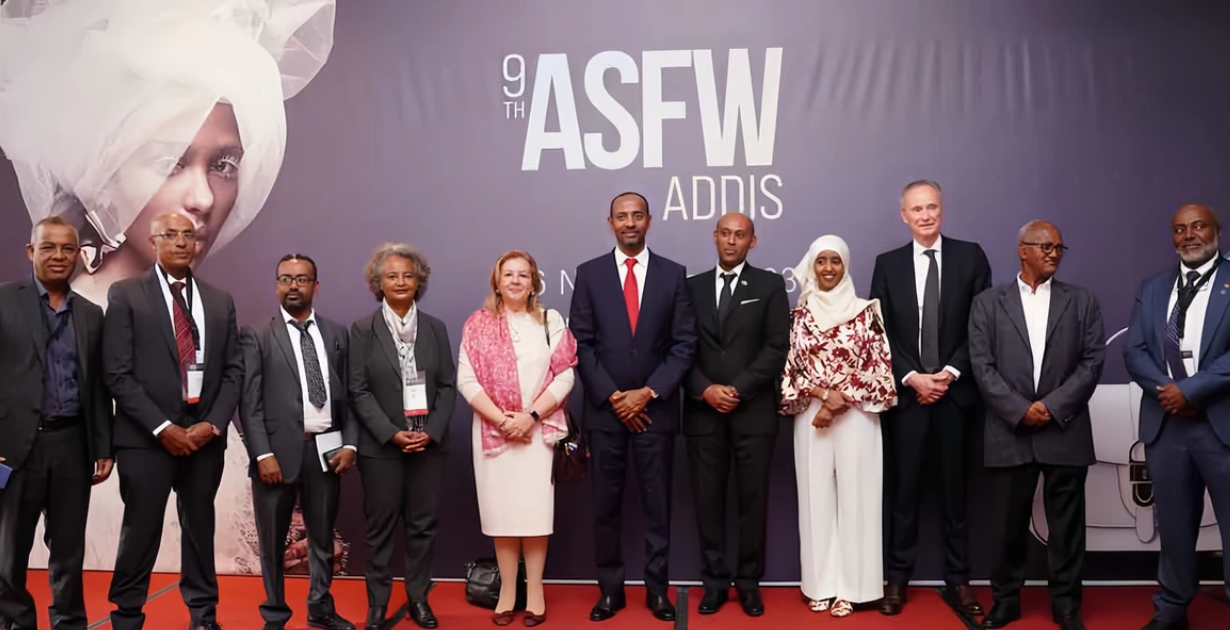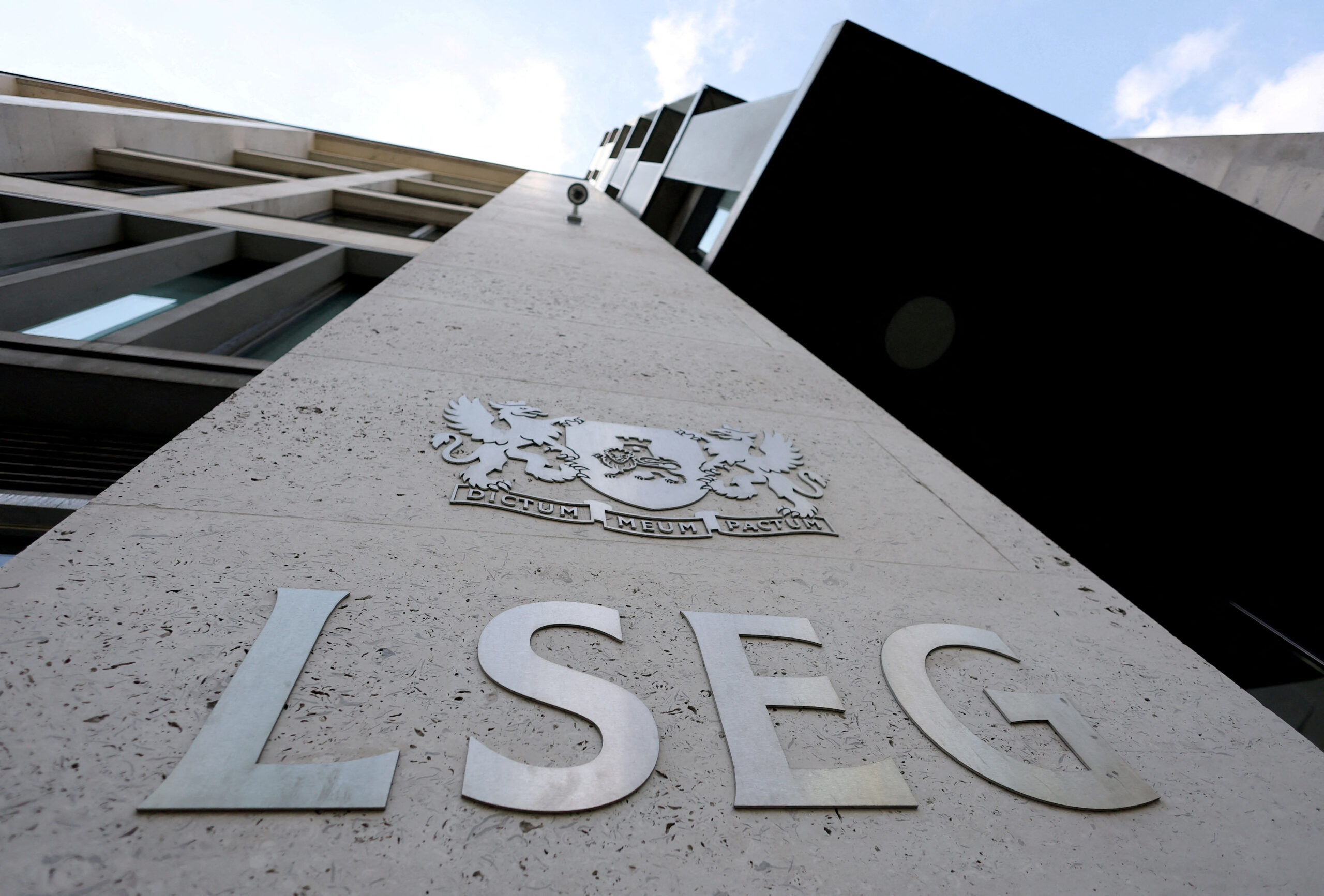Leather Industry in Africa at Brink of Global Competitiveness
Leaders emphasized the potential of Africa’s leather industry during the 2025 Africa Sourcing and Fashion Week in Nairobi.
They underscored the necessity of global connectivity and market-driven strategies. Key success factors were identified as strategic planning and creativity.
Modern technologies are being promoted to the industry. Competitiveness can be improved through innovation in production and design.
In order to satisfy international expectations, quality standards are being prioritized.
Industry expansion necessitates infrastructure investment. Efficiency will be enhanced through the modernization of supply chains and facilities.
Public-private partnerships are currently being investigated as a means of fostering development.
The industry’s progress is contingent upon the acquisition of new skills and training. The objective of educational programs is to provide employees with the requisite skills. Productivity is anticipated to be stimulated by this emphasis on human capital.
The issue of environmental sustainability is becoming increasingly prevalent. The industry is promoting environmentally favorable practices. It is becoming increasingly important to adhere to global environmental standards.
Market access and trade policies are currently being evaluated. Exports are being facilitated and barriers are being reduced. Strategic engagement with international markets is a top priority.
The potential for economic diversification is present in the transformation of the leather industry.
It provides opportunities for the creation of jobs and the enhancement of value. Stakeholders are optimistic about the sector’s future prospects.
news via inbox
Get the latest updates delivered straight to your inbox. Subscribe now!




